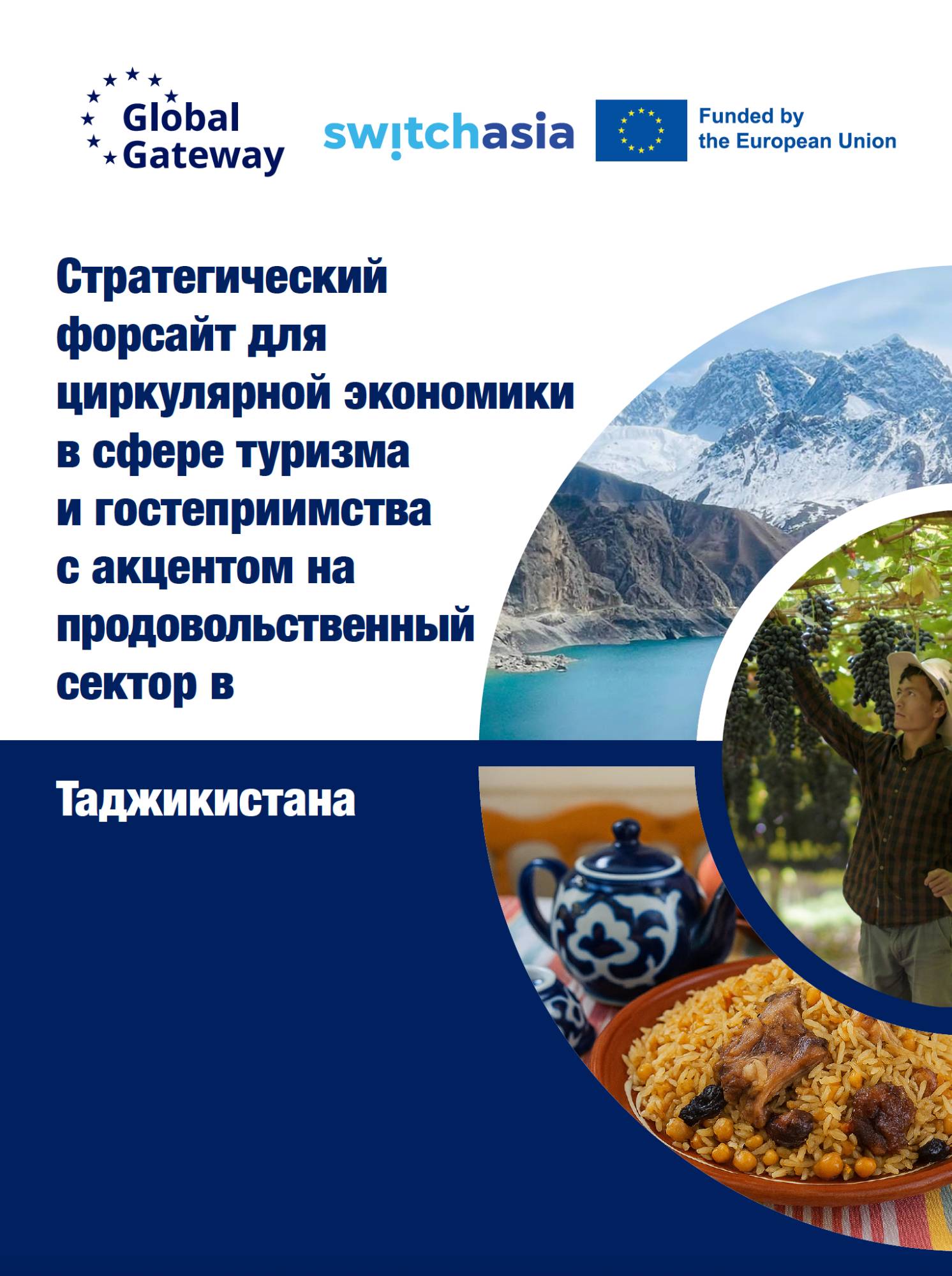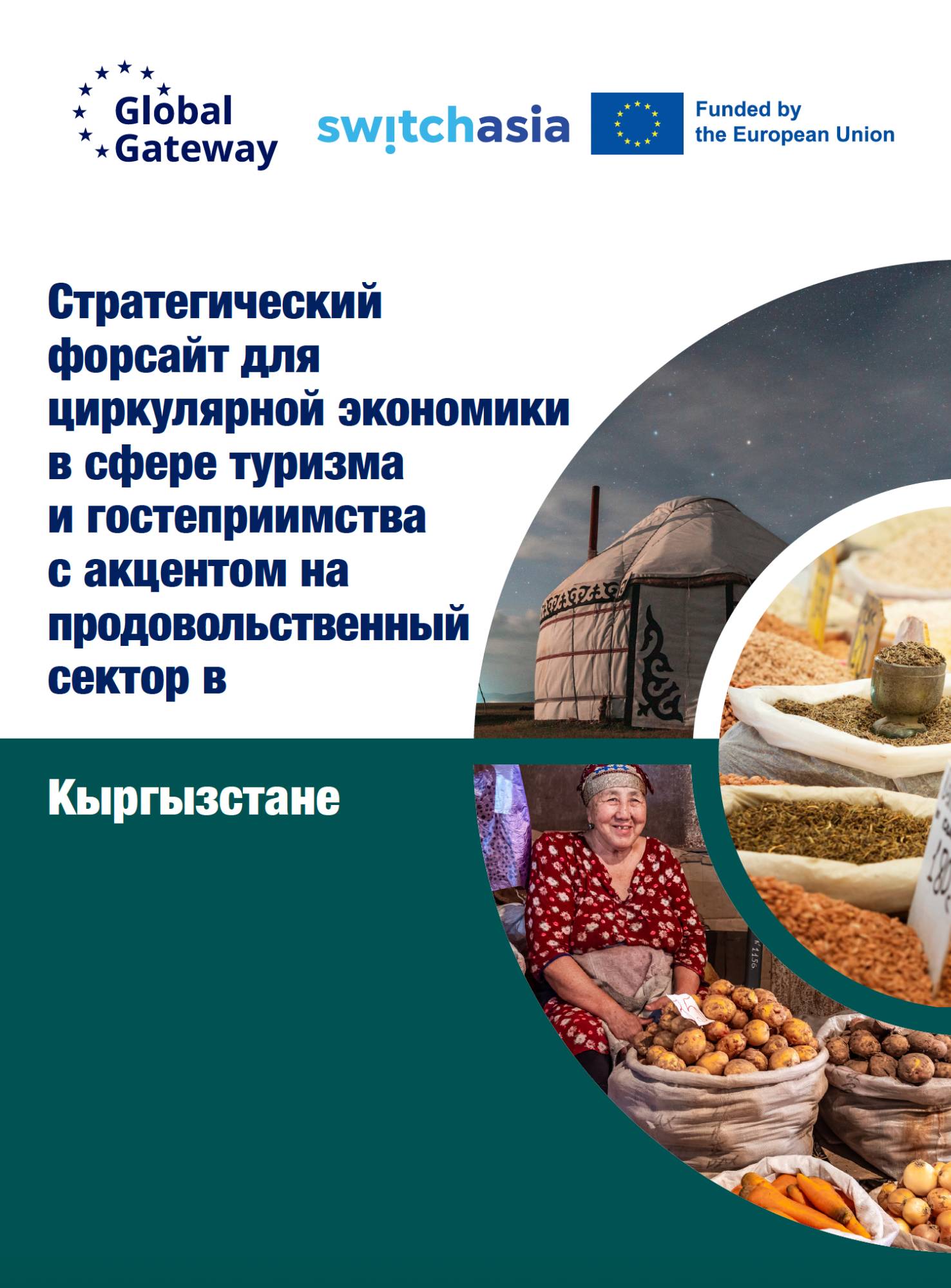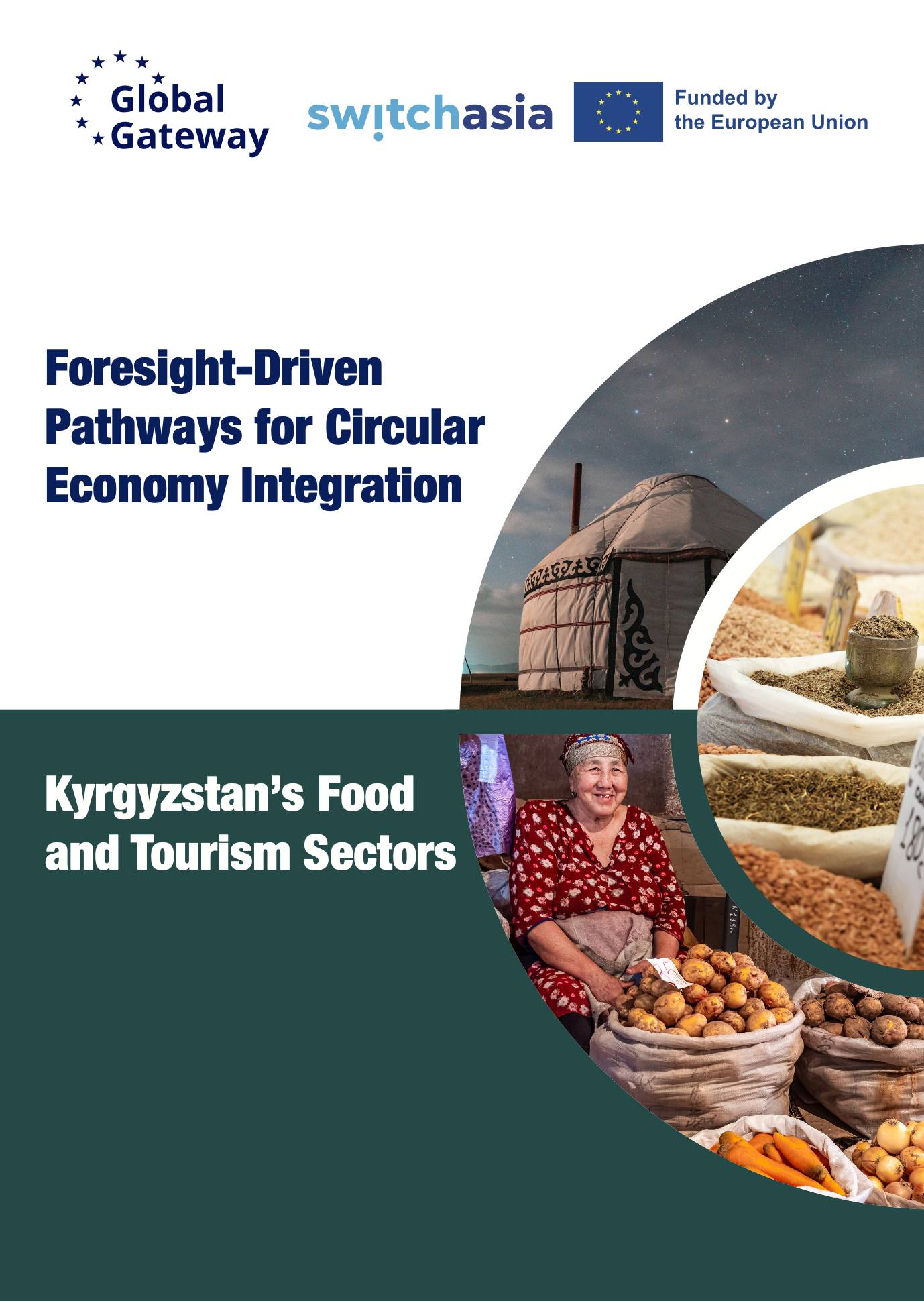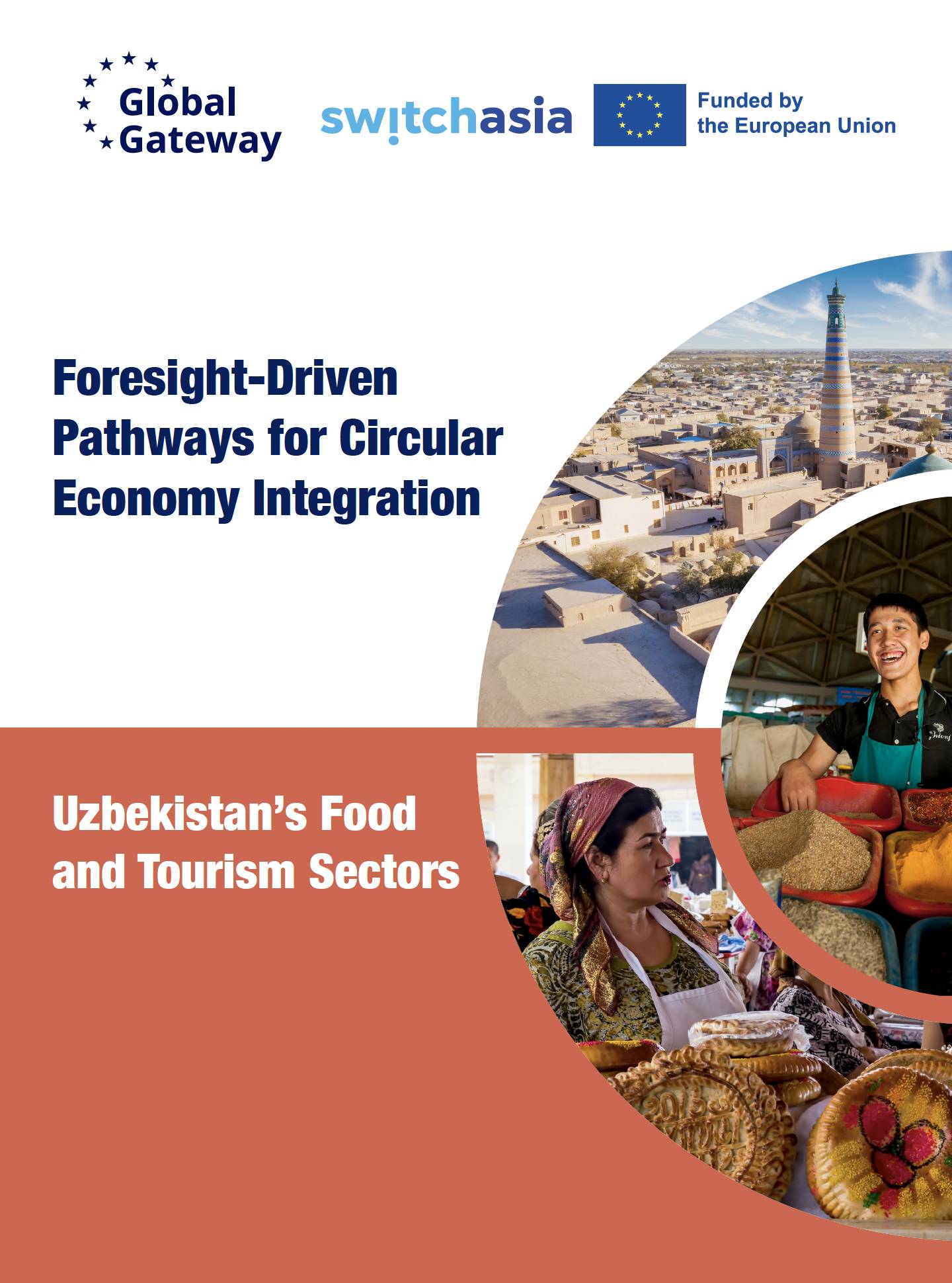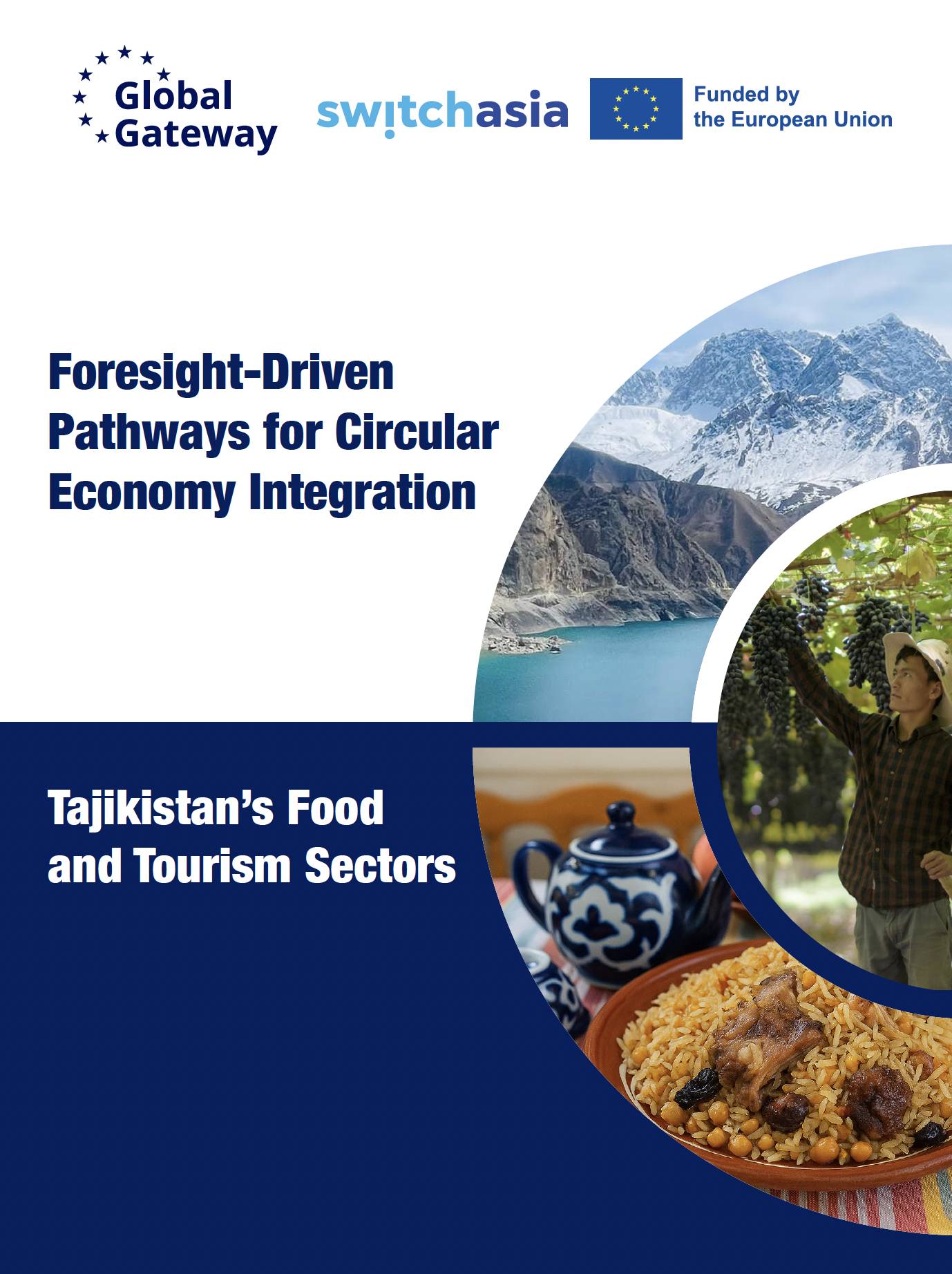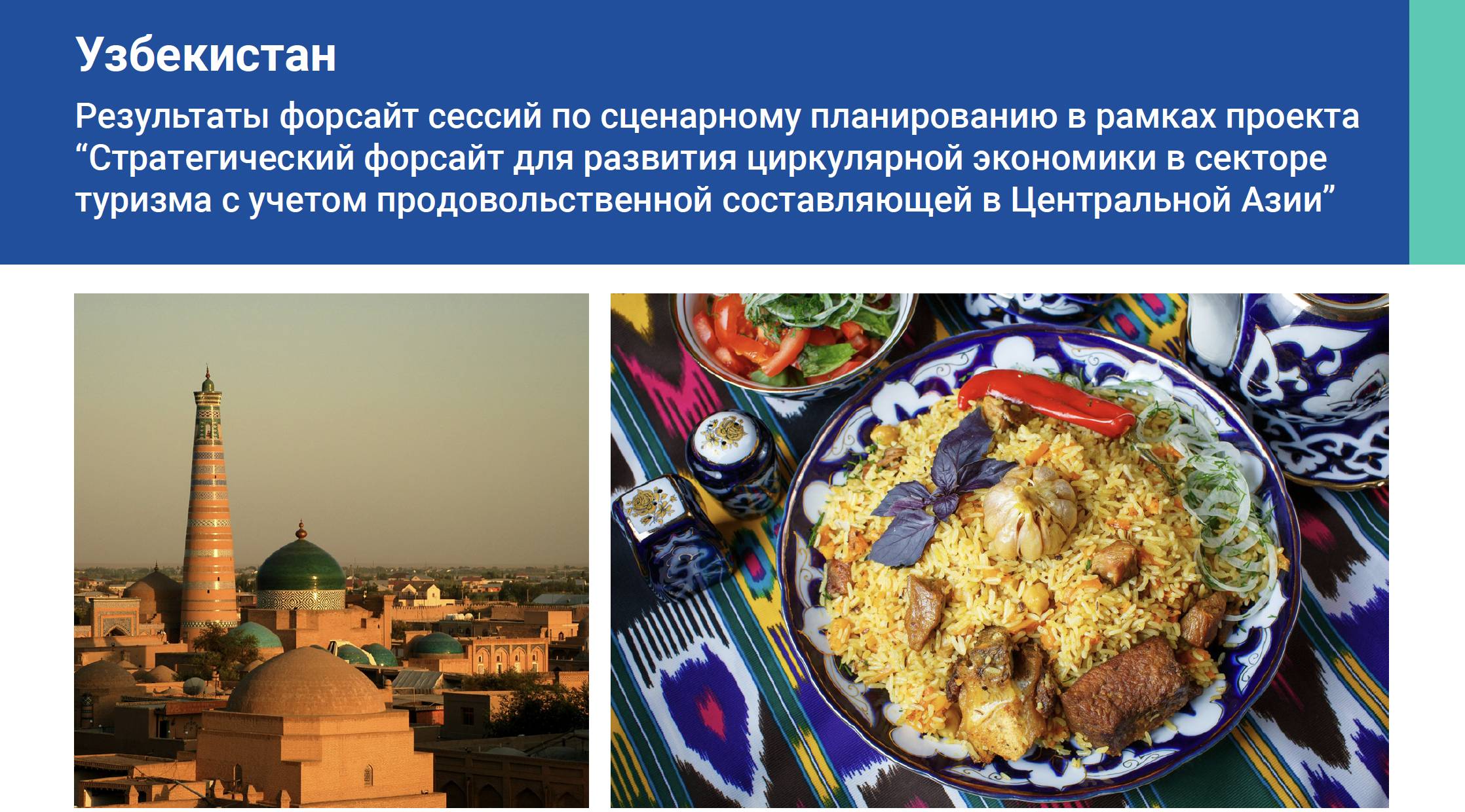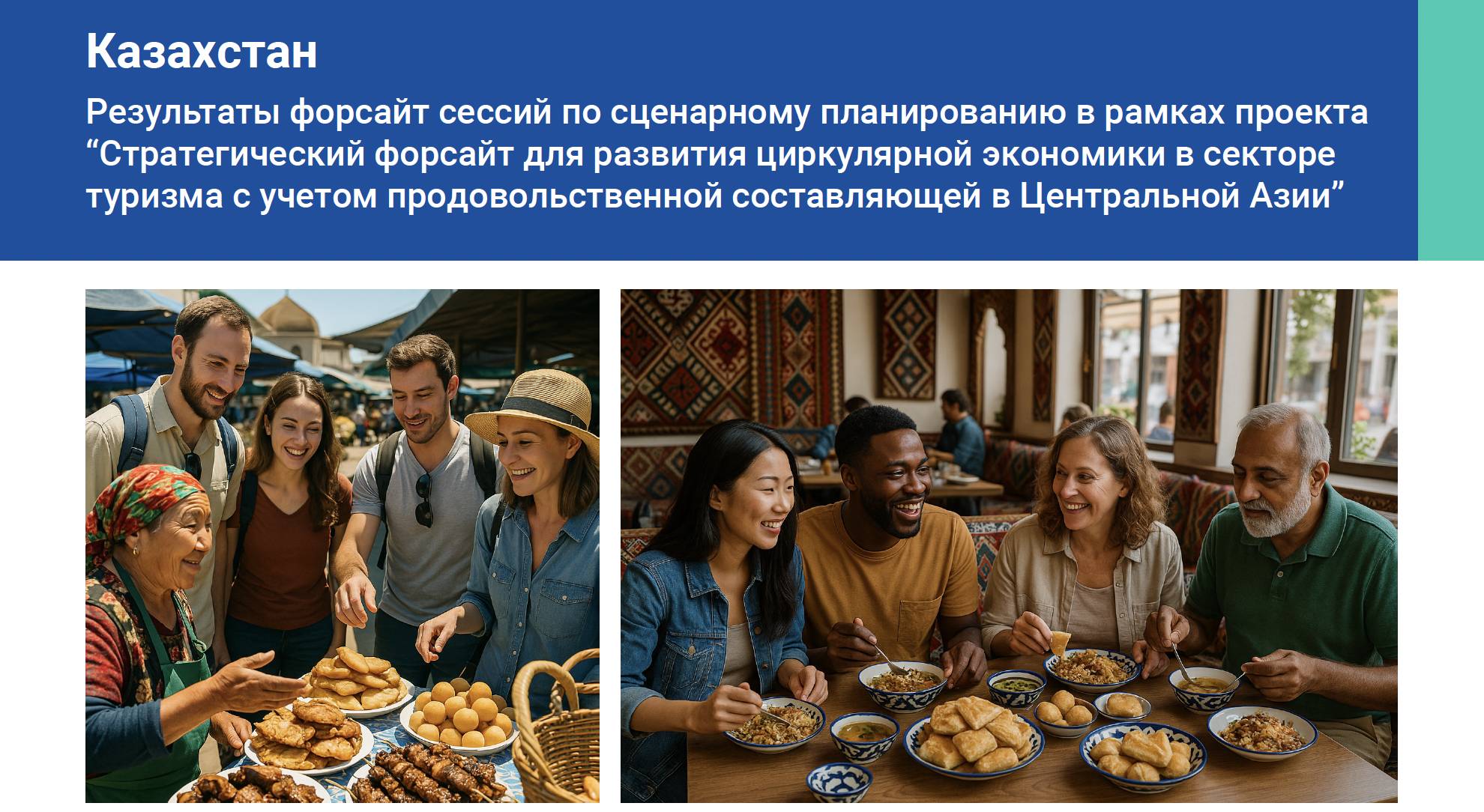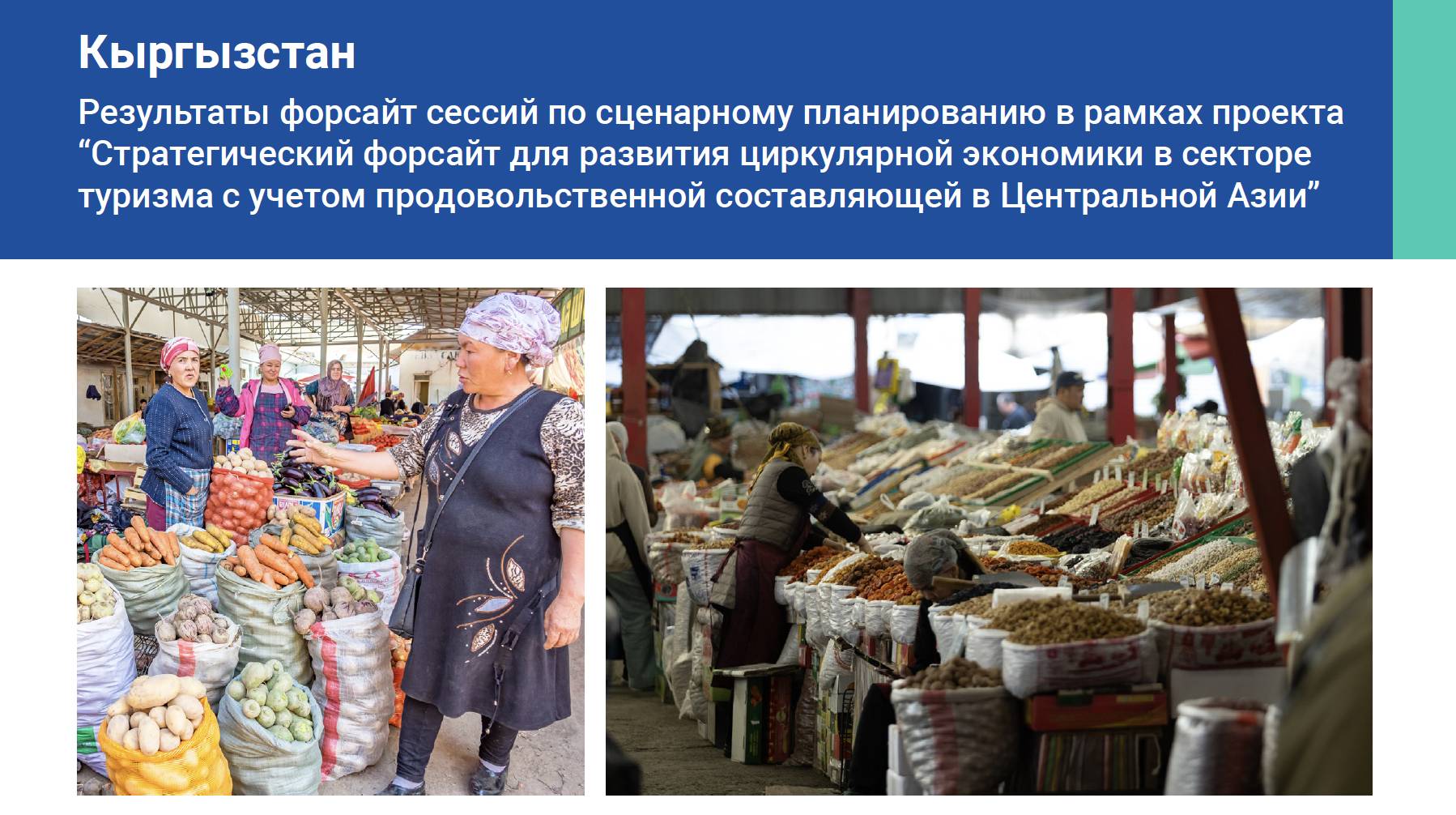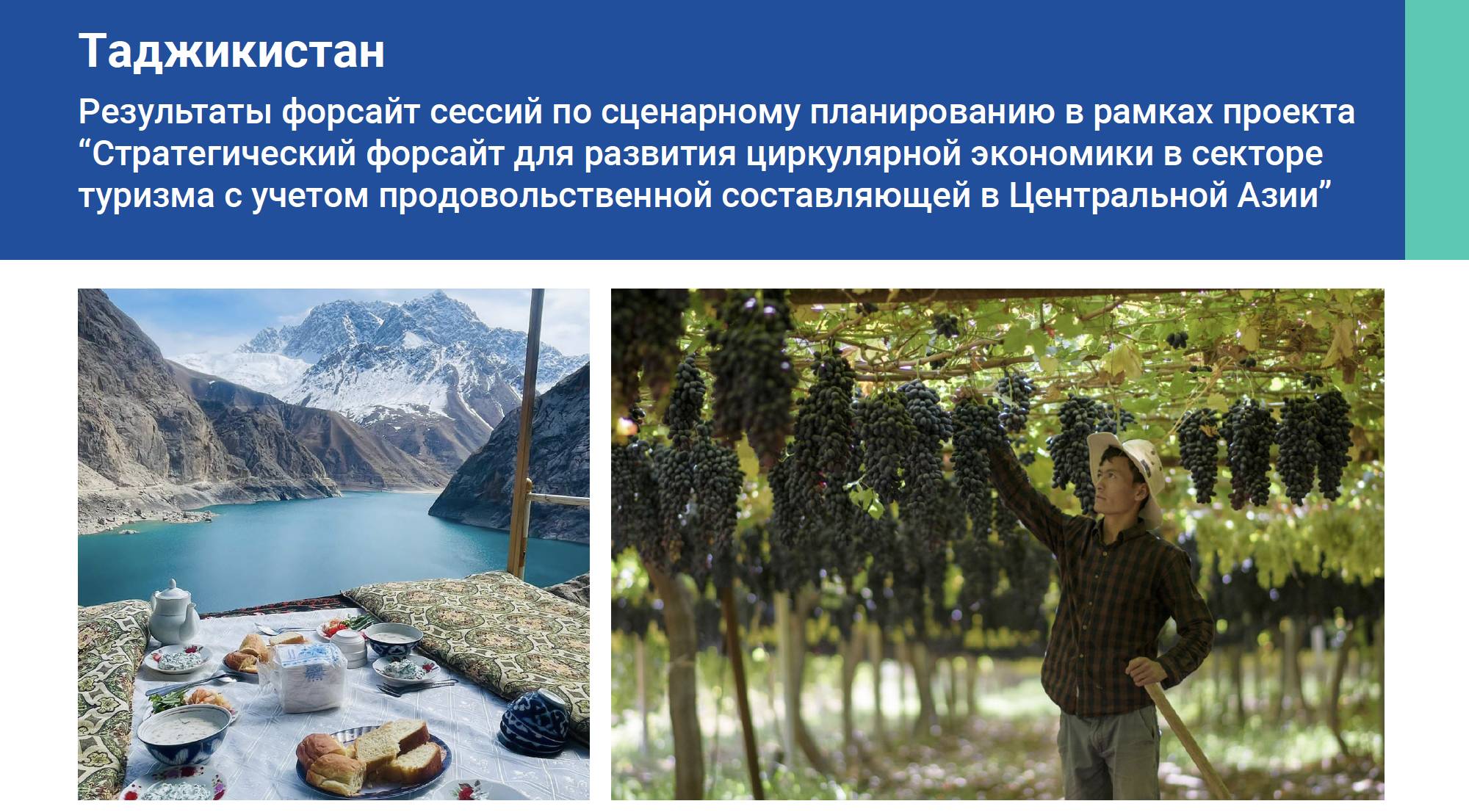
Locations: Kazakhstan, Kyrgyzstan, Uzbekistan, Tajikistan (Completed)
Themes: Tourism, Agri-Food
The Challenge
Throughout SWITCH-Asia’s activities in Central Asia, a notable topic emerged as a recommended priority for the entire region, termed the nexus of agrifood, tourism, water, and energy. Regional partners expressed the need to explore opportunities for livelihood creation, enhance agrifood value, boost tourism attractiveness, and address issues such as power generation and water management.
Tourism and hospitality encompass a variety of businesses, including hotels, resorts, restaurants, tour operators, events, attractions, and guides. The agrifood sector plays an important role in supplying the tourism and hospitality industries, forming significant interdependent relationships. Tourism companies are major consumers of food and beverages and can facilitate the sustainability of the agrifood sector by exercising their purchasing power. Food and beverages serve as key differentiators and competitive advantages for tourism, offering opportunities to promote more sustainable nutritional habits among their clients. Furthermore, boutique food and beverage production can be a tourist attraction, drawing guests to local regions and supporting neighboring tourism and hospitality enterprises.
Examples such as wine and cheese tourism highlight how local, sustainable food production can enhance the tourism experience and contribute to the broader appeal of a destination.
This technical advisory (TA) focuses on the food and beverage sector as an entry point for advancing circularity and sustainability in the tourism and hospitality sector, while also leveraging tourism and hospitality to drive circularity and sustainability in food and beverage value chains and among guests.
Objectives
Through this technical advisory (TA), SWITCH-Asia proposes to:
- Assess and frame the opportunities and challenges of the tourism and hospitality sectors within the circular economy transition in food and beverage production and consumption in Central Asia.
- Develop and evaluate scenarios, each representing boundary representations of potential futures for food and beverage use in the tourism and hospitality sector in Central Asia.
- Collaboratively derive policy recommendations and enhance policymaking capacities for the circular economy transition in Central Asia.
Way Forward
Building on existing knowledge generated by SWITCH-Asia grants, technical advisories, as well as other SCP projects and EU-funded in the region, this engagement will aim to feed into national policies. This Technical Advisory is implemented in partnership with ACTED, KAGIR and with the American University of Central Asia. In depth engagement with key stakeholders in the tourism field in each country followed by strategic foresight exercises will lead to the development of policies for circular tourism development.


